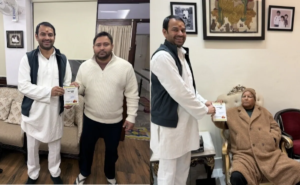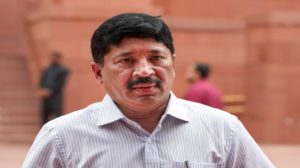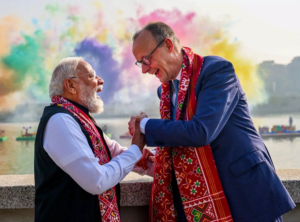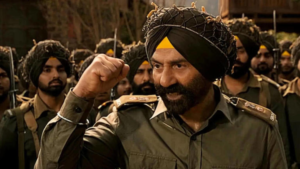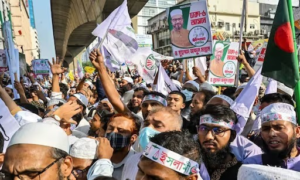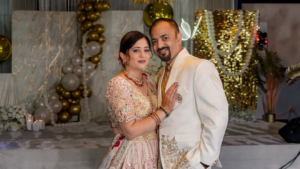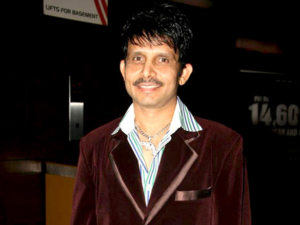Delhi HC Sets Aside Trial Court Order That Discharged Sharjeel Imam, Others in Jamia Violence Case

The high court filed rioting and unlawful assembly charges against Sharjeel Imam, Safoora Zargar, Asif Iqbal Tanha, and eight other people. It nullified a trial court decision that criticised the Delhi Police for filing a “ill-conceived” chargesheet.
Overturning a trial court’s verdict, which had discharged Sharjeel Imam, Safoora Zargar, Asif Iqbal Tanha, and eight others in the 2019 Jamia violence case, the Delhi high court on Tuesday, March 28, charged them for rioting, unlawful assembly, among others.
“While there is no denial of the right to freedom of expression, this court remains aware of its duty and has tried to decide the issue in that way. The right to peaceful assembly is subject to restriction. Damage to property and peace is not protected,” said Justice Swarna Kanta Sharma of the high court, according to Bar and Bench.
In a verdict delivered on February 4, the trial court had discharged 11 of the 12 accused in the case, and came down heavily on the Delhi Police for its “ill-conceived” chargesheet. Additional sessions judge Arul Varma of the Saket district court had said the prosecution was unable to apprehend the “actual perpetrators” but made the accused persons “scapegoats”. “Dissent was an extension of the fundamental right to freedom of speech,” Judge Varma had ruled.
Following this, the Delhi Police had moved the high court. When the matter came up before Justice Sharma on February 13, she had said that the remarks made by the trial court will not impact the ongoing investigation into the case.
With the latest verdict, Imam, Zargar, Mohd Qasim, Mahmood Anwar, Shahzar Raza, Umair Ahmed, Mohd Bilal Nadeem and Chanda Yadav have now been charged under
Sections 143 (unlawful assembly), 147 (rioting), 149 (disturbance to public tranquility), 186 (obstruction of public servants from performing their duties), 353 (assault on public servants), and 427 (mischief causing damage to the amount of fifty rupees) of the Indian Penal Code (IPC), as well as sections of the Prevention of Damage to Public Properties Act.
On the other hand, accused Mohd Shoaib and Mohd Abuzar have been charged under Section 143 of the IPC, and discharged from all other offences. While Tanha has been discharged of Sections 308 (attempt to commit culpable homicide), 323 (punishment for voluntarily causing hurt), 341 (punishment for wrongful restraint), and 435 (mischief by fire or explosive substance) of the IPC, he has been charged under other sections.
The case dates back to December 2019 when violence broke out when students and some locals tried to walk towards parliament from Jamia Millia to register their protest against the enactment of the Citizenship Amendment Act (CAA) and National Register of Citizens (NRC).

